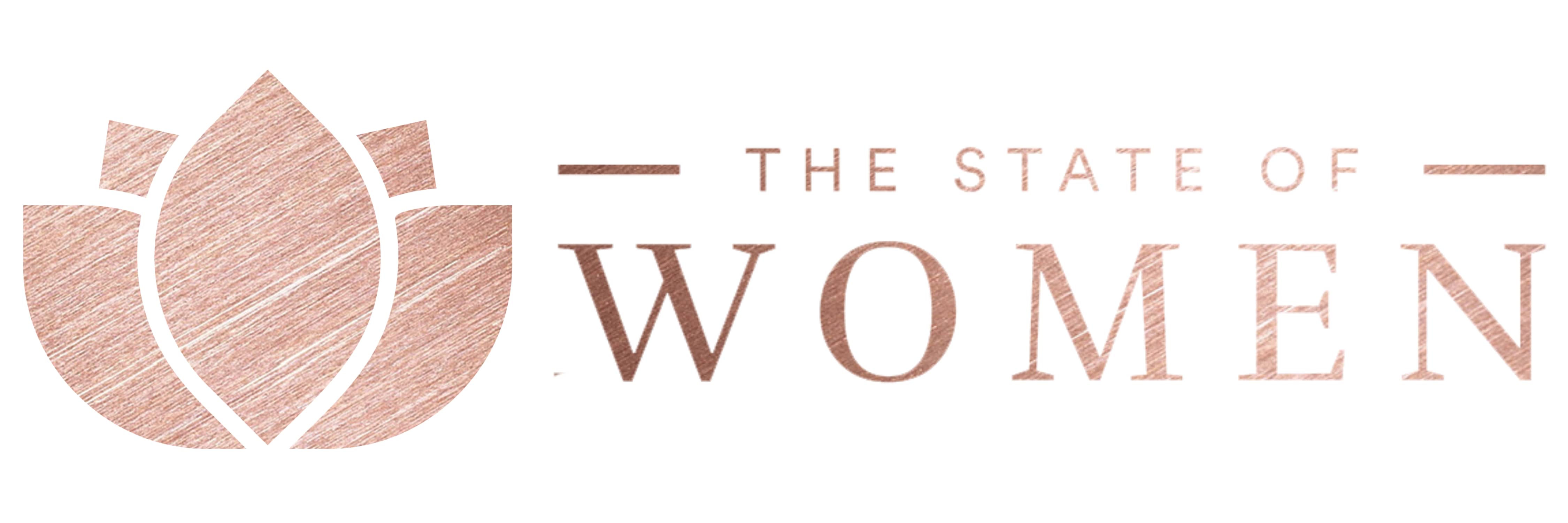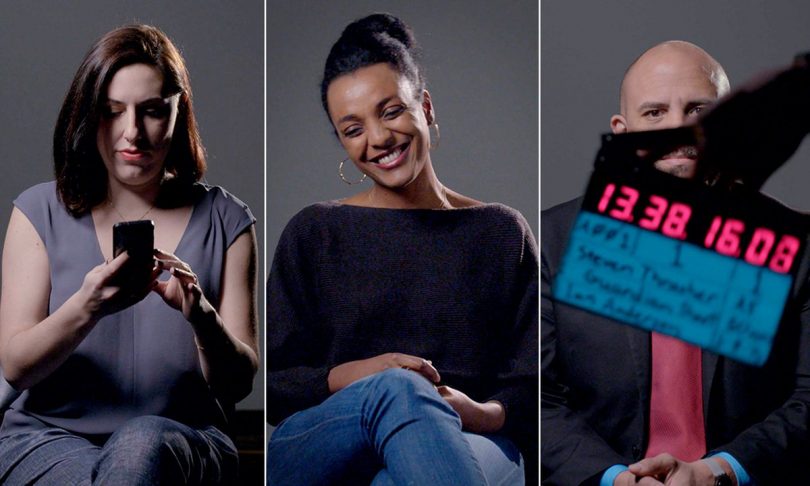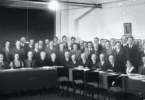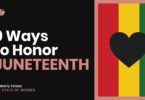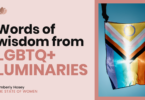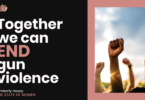If you don’t have something nice to say…
We all know the adage. But what about when you’re not face-to-face? Many women who write or produce content for the Internet have long experienced sexism in the reactions to their material. Now the Guardian has quantified the phenomenon, in a commissioned study examining over 70 million comments left on its site in the last 10 years.
It paints a disheartening picture, and we can only hope that becoming more aware of cruelty online–including that it can be every bit as damaging as cruelty offline–will help us to break down the oppression that comes with prejudice and online hate. And if you don’t have something nice to say? Maybe learn more before speaking your mind, or just sign off for a bit.
Read an excerpt below, watch the video, and click through to read the rest and join in the conversation, as the outlet invites readers to weigh in on the issue and help them host better conversations online.
(Language warning for the video, mostly from the cruel comments being discussed.)
theguardian.com – Comments allow readers to respond to an article instantly, asking questions, pointing out errors, giving new leads. At their best, comment threads are thoughtful, enlightening, funny: online communities where readers interact with journalists and others in ways that enrich the Guardian’s journalism.
But at their worst, they are something else entirely.
The Guardian was not the only news site to turn comments on, nor has it been the only one to find that some of what is written “below the line” is crude, bigoted or just vile. On all news sites where comments appear, too often things are said to journalists and other readers that would be unimaginable face to face – the Guardian is no exception.
New research into our own comment threads provides the first quantitative evidence for what female journalists have long suspected: that articles written by women attract more abuse and dismissive trolling than those written by men, regardless of what the article is about.
Although the majority of our regular opinion writers are white men, we found that those who experienced the highest levels of abuse and dismissive trolling were not. The 10 regular writers who got the most abuse were eight women (four white and four non-white) and two black men. Two of the women and one of the men were gay. And of the eight women in the “top 10”, one was Muslim and one Jewish.
And the 10 regular writers who got the least abuse? All men.
Want to receive earlybird invitations to our global events, custom-tailored content we think you’ll love, and get exclusive access to “The World Women Report”?
